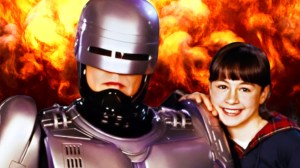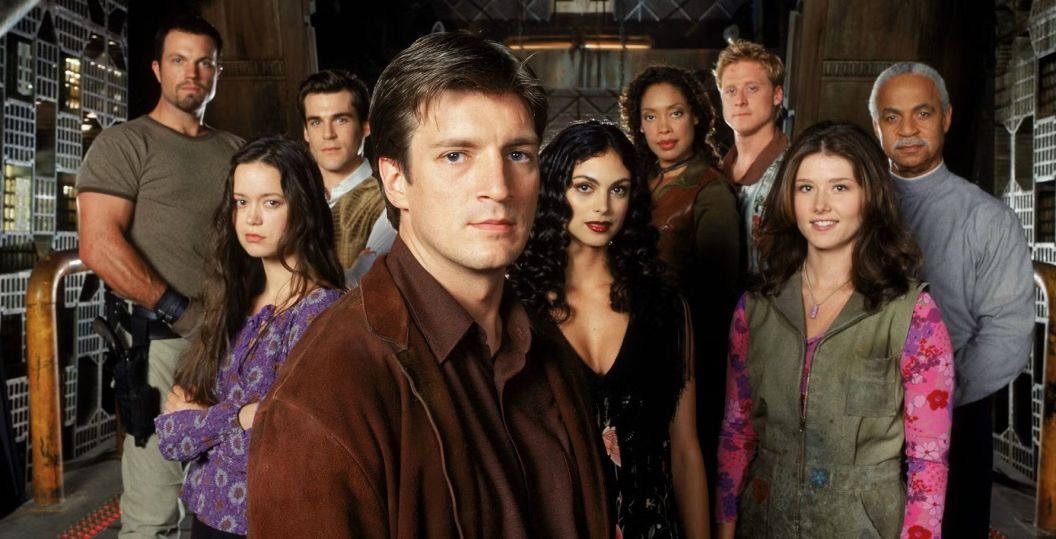
Not every TV series is a hit while it’s on the air, and this is especially true for sci-fi – a genre that tends to defy expectations and usually takes a while to find its audience (let’s be honest). Because of that, plenty of shows got canceled too soon or flew under the radar when they first came out, but surprisingly, many of them found new life years later. Whether through streaming, word of mouth, or a younger crowd discovering them, it’s wild how time can be kinder than the original audience. Some shows prove that in sci-fi, real impact doesn’t always happen on first contact, but when it does, it sticks.
Here are 10 sci-fi shows that fit this profile perfectly: works that were only recognized for their true value after they ended.
1) Firefly
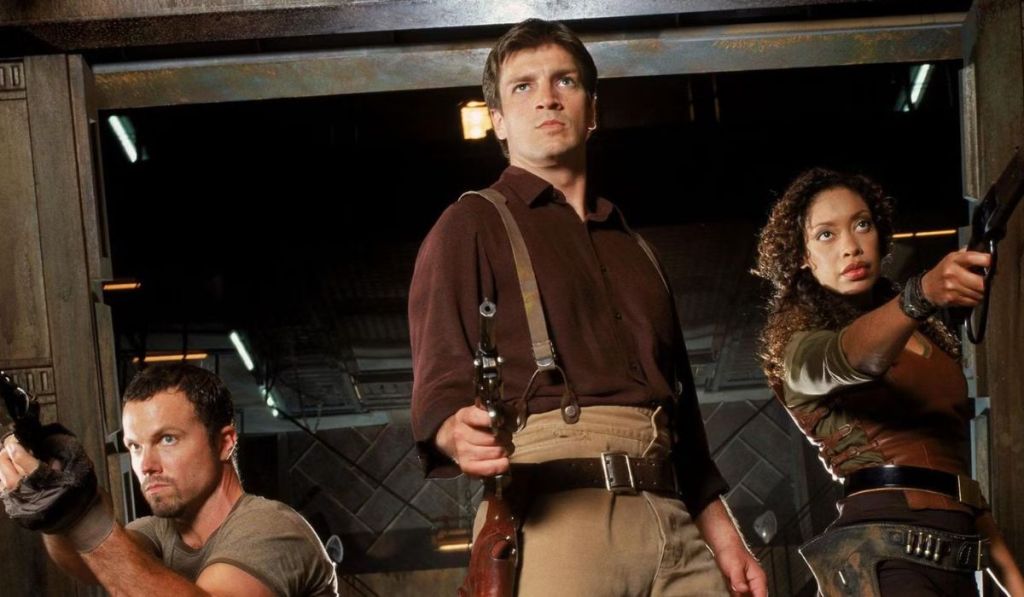
Firefly is one of those iconic TV shows that was unfairly canceled far too soon (after just over 10 episodes). The story is pure sci-fi but with a clever space western twist, following the crew of the ship Serenity as they take on everything from smuggling jobs to run-ins with a totalitarian regime. What helped the show earn cult status years later wasn’t just the premise, but the incredible chemistry between characters and the richly developed universe it introduced.
Despite its short run, Firefly managed to stay relevant and build a devoted fanbase, which is no small feat. Its mix of humor, action, and emotional beats is remarkably balanced, and the 2005 movie Serenity was a clear sign that the story had struck a chord. Still, the absence of a complete season left a sense of what could’ve been, turning Firefly into a kind of holy grail for sci-fi fans – a beloved gem that ended before its time.
2) Futurama
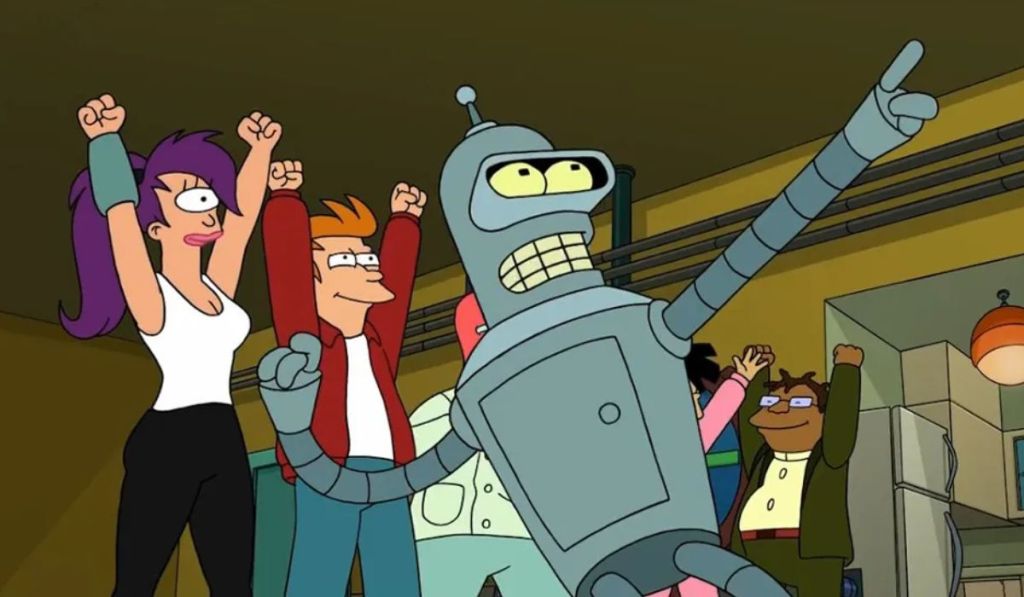
If you don’t know Futurama, you’ve definitely seen its memes floating around the internet. Created by the same mind behind The Simpsons, the show somehow didn’t hit the same level of success at first. It was canceled and revived multiple times, but only truly found its footing once fans started catching reruns years later. The animated series follows Fry, a delivery guy who wakes up in the 31st century and ends up working at a space delivery company, where he gets caught up in all kinds of bizarre adventures with an eccentric crew.
What truly defines Futurama is its balance of biting humor, meaningful social insights, and emotional depth. Beneath the jokes and sci-fi chaos, it explores love, identity, and even mortality – all without losing its comedic edge. It took time for audiences to fully appreciate that blend, but once they did, the show earned its place as one of the smartest and most unique animated sci-fi productions ever made.
3) Lost

Lost was a hit during its original run, but it truly became a cultural phenomenon after it ended – thanks in large part to its divisive, widely debated finale. The show kicks off with a plane crash on a mysterious island, where a group of survivors must face supernatural threats and unravel a growing web of secrets. With its signature use of flashbacks, layered storytelling, and constant suspense, it pulled viewers in and then kept them talking long after the final episode aired. Its arrival on streaming platforms only gave the show a second life and helped cement its cult status.
Over time, new generations naturally began to rediscover Lost, and discussions around its theories and meanings resurfaced with full force. Despite the controversy, its ongoing presence in the cultural conversation speaks volumes. The show created a dense, ambitious narrative universe that, flaws and all, left a lasting impact on TV not just as entertainment, but as a bold experiment in serialized storytelling.
4) The X‑Files
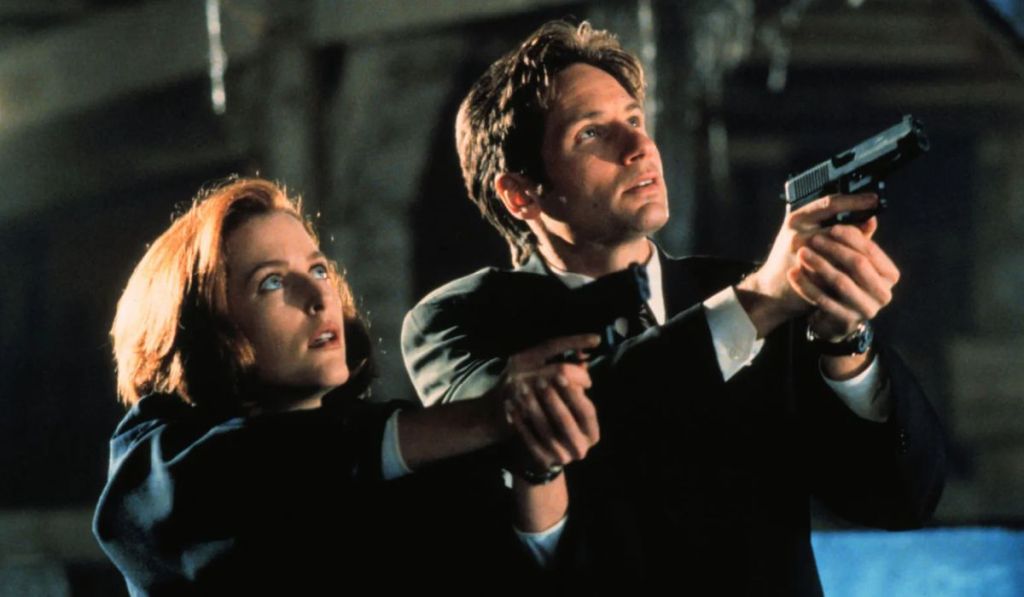
Who hasn’t heard of The X-Files? It’s a definitive ’90s landmark, centered on agents Mulder (David Duchovny) and Scully (Gillian Anderson) as they investigate paranormal phenomena and government conspiracies. While the show was certainly recognized during its original run, its true legacy only solidified after it ended – especially with the release of movies and revival seasons that reignited public interest. It’s often called a classic, and that label fits not just because of nostalgia, but because it earned that status over time.
The X-Files still stays relevant because of its signature blend of suspense and sci-fi, wrapped in a lingering sense of paranoia and mystery. It arguably helped shape the tone of countless genre shows that followed. Decades later, its fingerprints are still all over modern sci-fi and supernatural storytelling. And now, with a reboot in development from director Ryan Coogler, it’s clear that The X-Files is far from a relic. Its legacy is still evolving, and the audience’s fascination hasn’t faded.
5) Battlestar Galactica

The 2004 reboot of Battlestar Galactica took a relatively forgotten franchise and turned it into one of modern sci-fi’s most respected shows. The plot follows the last surviving humans as they flee from a robotic race called the Cylons, while exploring politics and religion. While it wasn’t a massive ratings hit during its original run, the production definitely earned critical acclaim, and its reputation only grew stronger after it ended.
Battlestar Galactica became what it is because of its boldness in tackling serious, complex topics, shattering the stereotype that sci-fi is just escapist entertainment. This gave rise to a devoted fanbase that, over time, transformed the show into a classic. Today, it’s considered essential viewing for anyone looking for something more thought-provoking and substantial within the genre.
6) Babylon 5
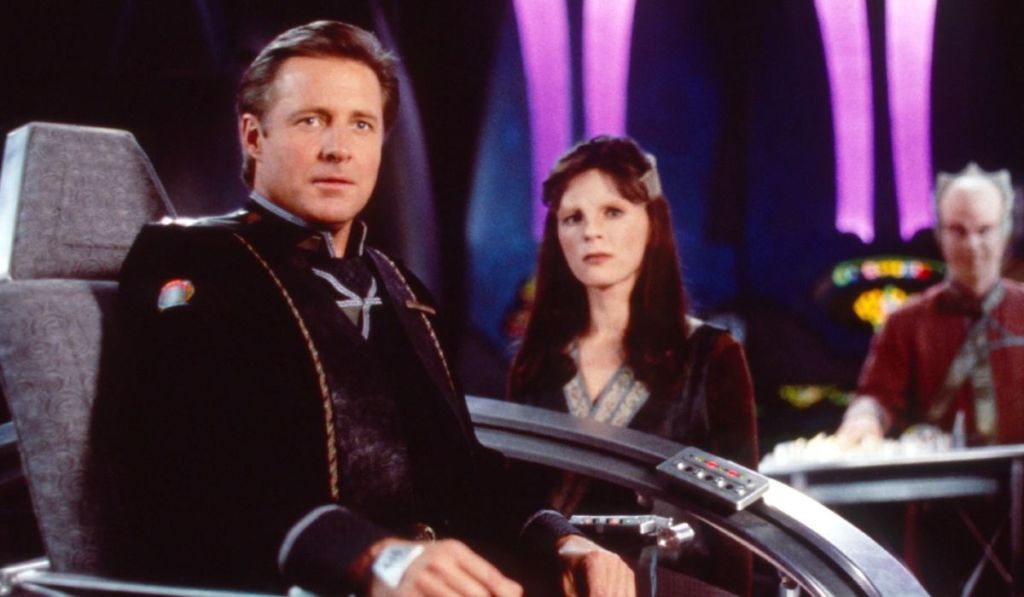
One of the true pioneers of long-form storytelling with carefully planned story arcs, Babylon 5 was revolutionary when it premiered in the early ’90s. The series is set on a diplomatic space station where alien races try to coexist, with political intrigue and conflicts unfolding across multiple seasons. At the time, it didn’t get the attention it deserved and remained underrated for much of its run, but its value became clear years later.
Today, Babylon 5 is highly respected among sci-fi fans for its strong writing and ambitious world-building. In many ways, it paved the way for shows like Battlestar Galactica and even Game of Thrones with its storytelling and complex characters. The dedicated fanbase it’s gathered proves how forward-thinking the show really is, making it a true production ahead of its time. Also, its space opera setting and diverse alien cultures share clear similarities with Star Wars, which may have helped draw in fans of the latter.
7) Dark Matter
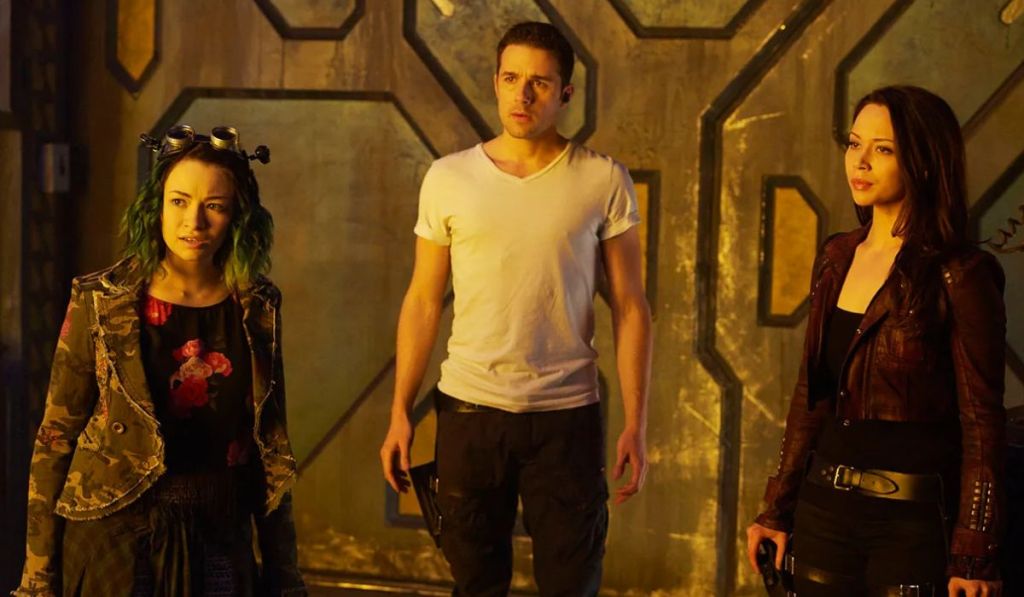
Dark Matter may not be as well-known as some others on this list, but it stands out for its intriguing mix of action and existential questions. The story begins with six people waking up on a spaceship with no memory of who they are or why they’re there, kicking off a mystery that hooks viewers right from the start. The suspense only grows as betrayal, moral dilemmas, and hidden agendas come to light.
Sadly, Dark Matter fell victim to cancellation despite its potential and remains underrated. But what gives it lasting relevance is its narrative depth, going beyond typical sci-fi action to explore identity and choice, shown through characters deciding who they want to be moving forward, for example. The dedicated fanbase still calls for more, showing how well the series built a world that still connects with fans even years after it ended.
8) The Expanse
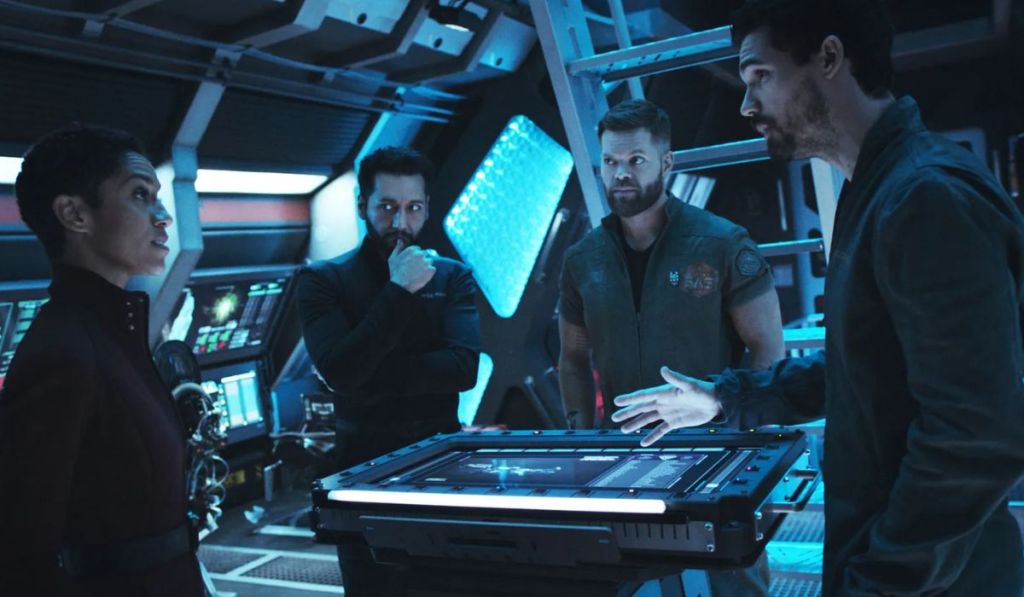
Based on the novels by James S.A. Corey, The Expanse pulls people in with a gritty, layered look at life in space and the power struggles between Earth, Mars, and the Asteroid Belt. The story kicks off with the mysterious disappearance of a young woman and a spaceship accident, setting off a chain of events that thrusts the crew of the Rocinante into a gripping mix of political intrigue, action, and growing mystery. As the plot unfolds, the scale and stakes only get bigger.
Though it initially struggled to attract a large audience, The Expanse found new life through streaming platforms, where its popularity surged. Today, it’s widely regarded as one of the best sci-fi series of the decade. To give an idea, its influence is still going strong, mainly through new projects like games and possible sequels.
9) Cowboy Bebop
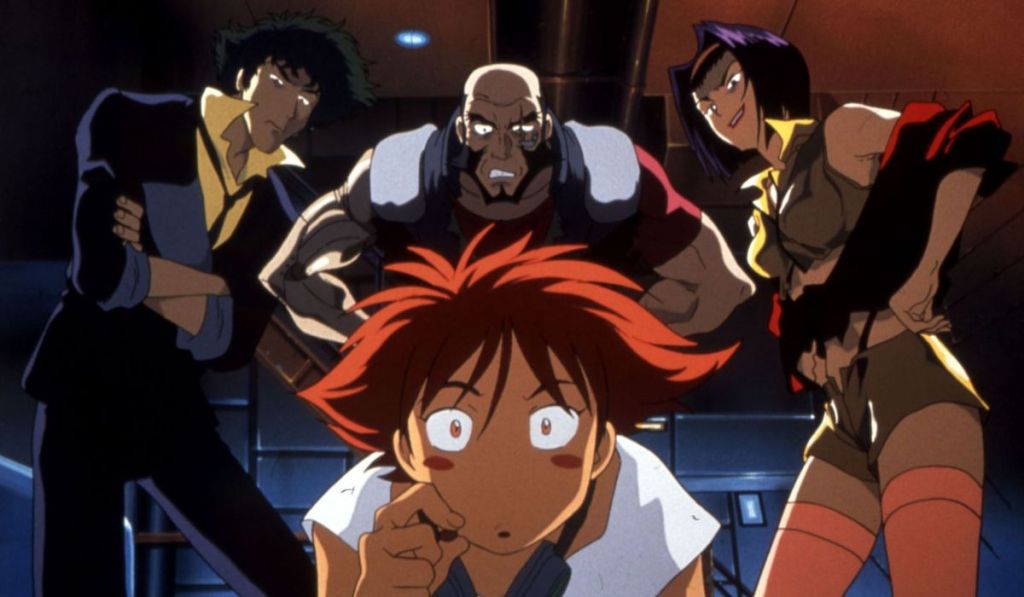
When it comes to anime and sci-fi, Cowboy Bebop is a true landmark. Why? Because it blends action, jazz (with all its rhythm, improvisation, and melancholy), and a story that explores themes of loneliness and redemption. The plot follows a crew of bounty hunters traveling through space in a dystopian future, with episodes that skillfully balance humor, drama, and philosophy in a way that feels fresh and engaging.
But while Cowboy Bebop wasn’t a massive hit when it first aired, its significance and popularity have only grown over time. Thanks to streaming platforms, it’s been happily rediscovered by new audiences around the world, especially outside Japan. Today, it’s not just a cult anime but a key reference point in animated sci-fi, influencing both the genre itself and how anime is viewed globally.
10) Farscape
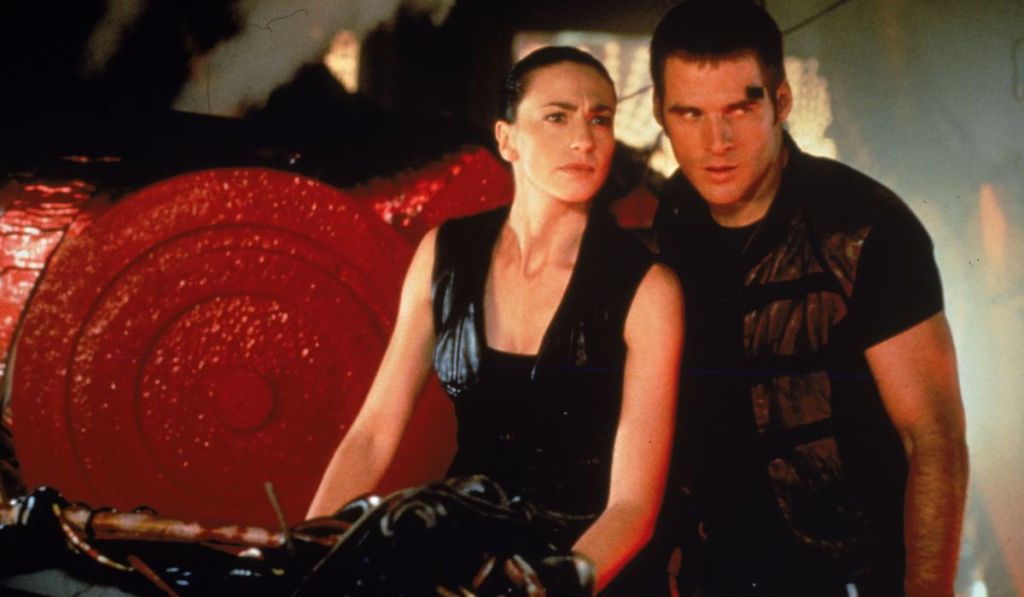
Farscape is a classic example of a series that never drew a huge TV audience but built a fiercely passionate fanbase thanks to its fresh take on sci-fi, effortlessly blending drama, humor, and adventure. The story follows John Crichton (Ben Browder), an astronaut who crashes into a bizarre universe and then ends up teaming with a group of quirky alien companions.
Simply put, Farscape lives on today because it breaks away from the usual clichés you’d expect from that premise. Its characters are deeply developed, and the show’s inventive use of practical effects adds a unique flair. Even years after its cancellation, we’re talking about something that remains highly recommended as one of the genre’s most original and imaginative shows, especially for how weird and emotionally daring it allowed itself to be. Still widely underrated, but it has achieved a lot.
The post 10 Sci-Fi Shows That Became Hits Years After They Ended appeared first on ComicBook.com.

